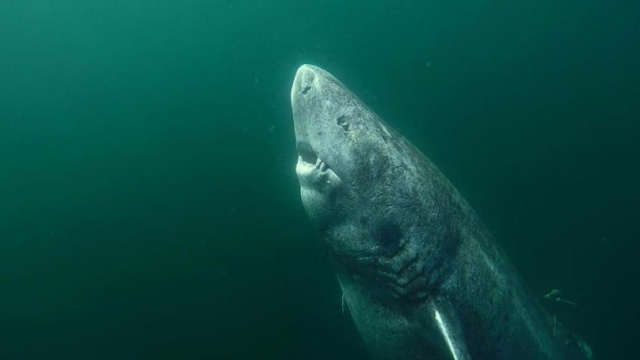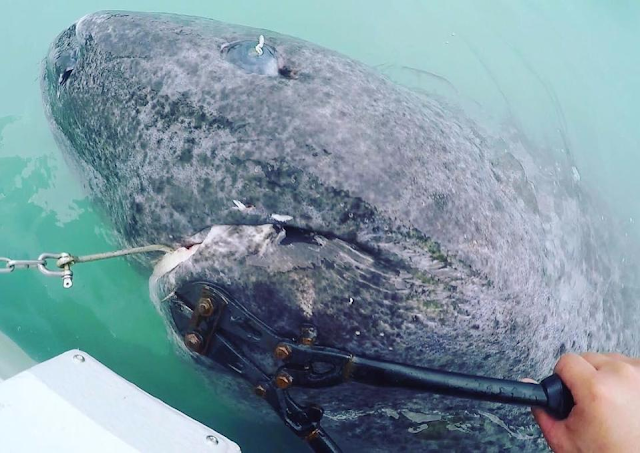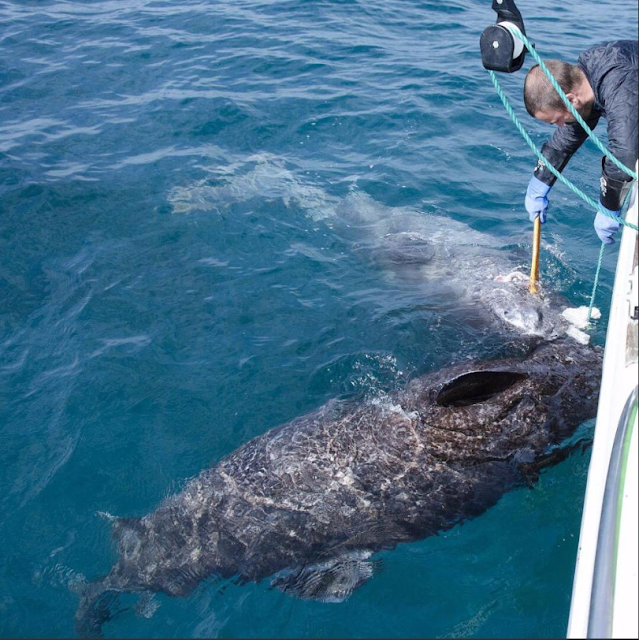
Scientists have made a remarkable discovery in the frigid waters of the Arctic Ocean: a Greenland shark estimated to be up to 512 years old, potentially making it the oldest living vertebrate on the planet. To put this into perspective, this ancient creature predates significant historical events such as Martin Luther becoming a monk and King Henry VIII’s engagement with Catherine of Aragon being called off. Its age surpasses even that of William Shakespeare. It’s truly astonishing to think that such a creature has endured for centuries in the depths of the ocean, highlighting the incredible longevity of life in the natural world.

Greenland sharks are incredibly long-lived, with one estimated to be between 272 and 512 years old. Their slow growth rate allows scientists to gauge their age by size. These sharks have witnessed major historical events but are primarily fish-eaters, though they’ve been found with unusual prey in their stomachs. Despite their age and intriguing diet, Greenland sharks remain a mysterious and remarkable species.

Academics in Norway are studying Greenland sharks to understand the impact of climate change and pollution over long periods. By mapping the sharks’ DNA, researchers hope to uncover insights into life expectancy across species, including humans. Considered “living time capsules,” these sharks could reveal how human activities affect ocean ecosystems. Professor Kim Praebel emphasizes the importance of understanding Greenland shark populations to inform conservation efforts.





